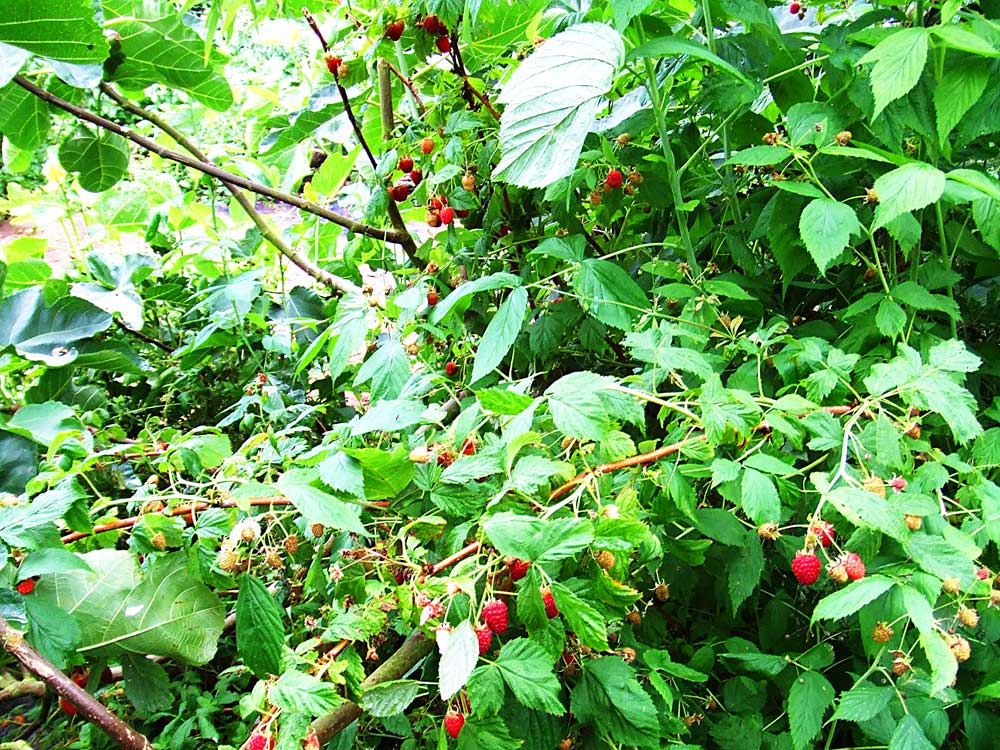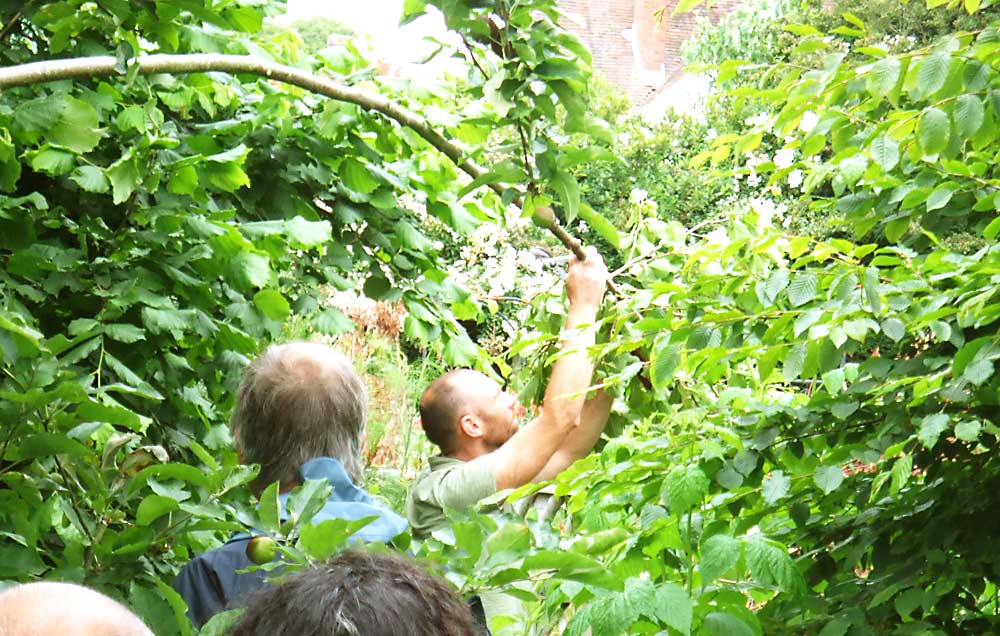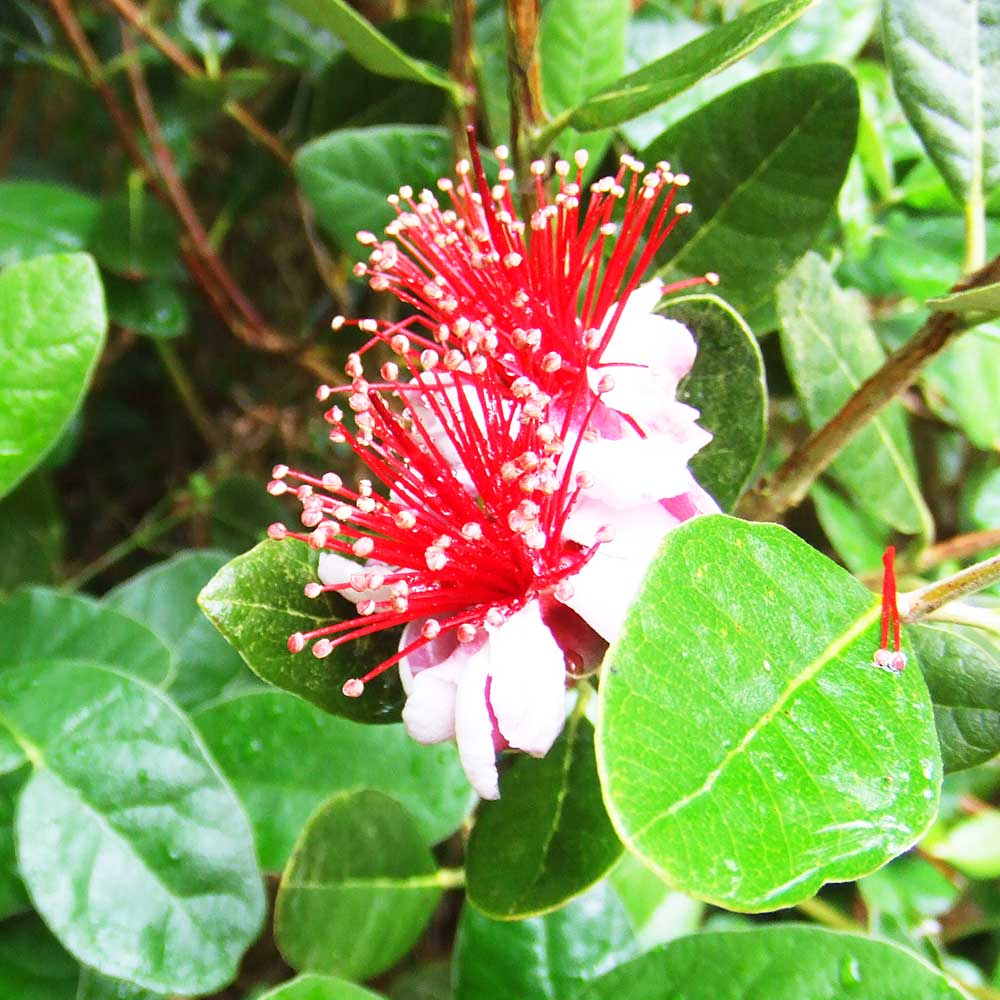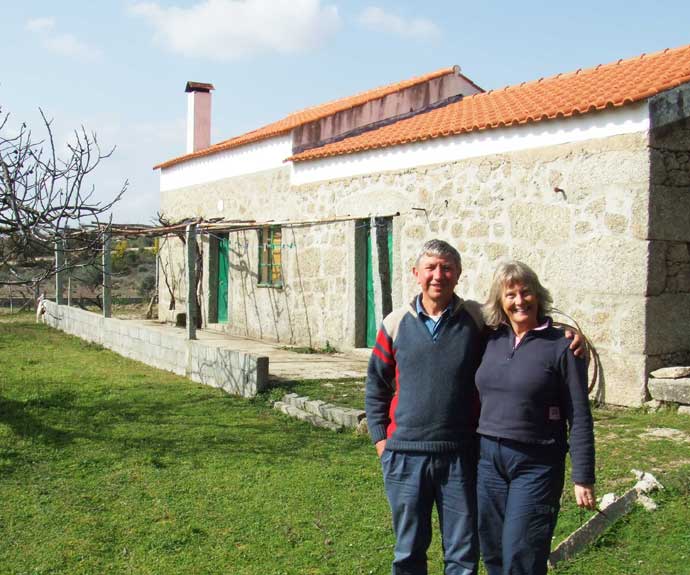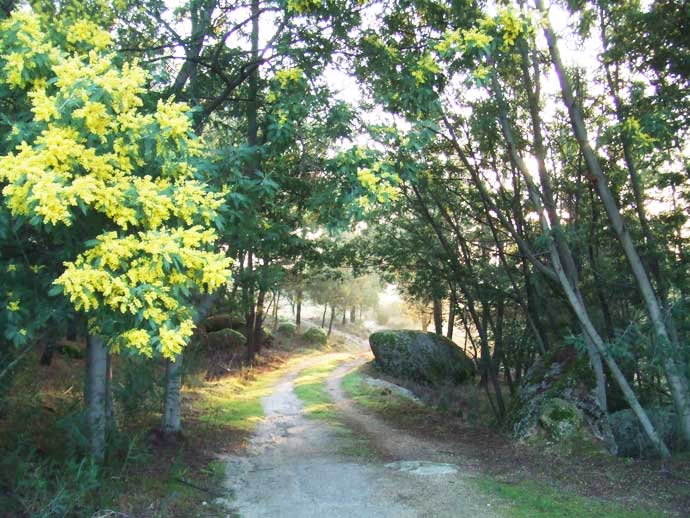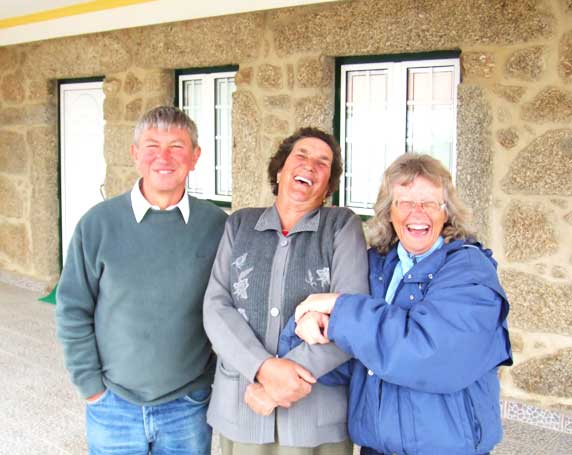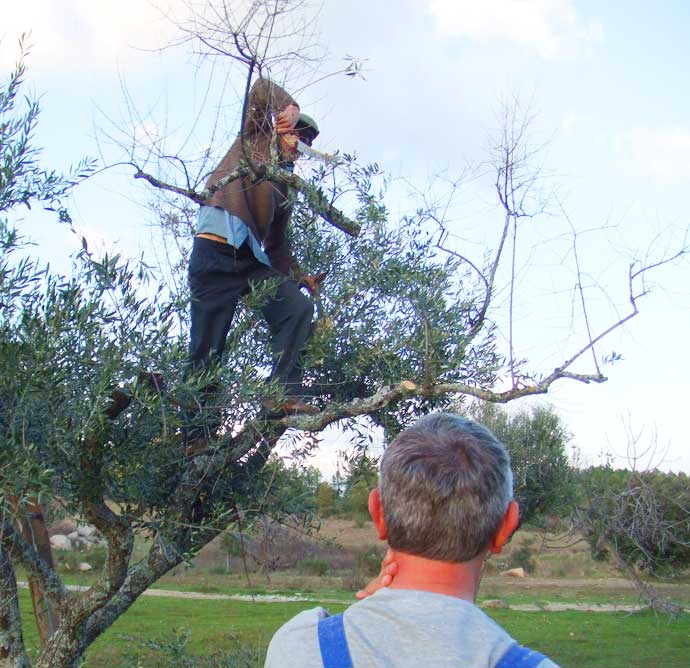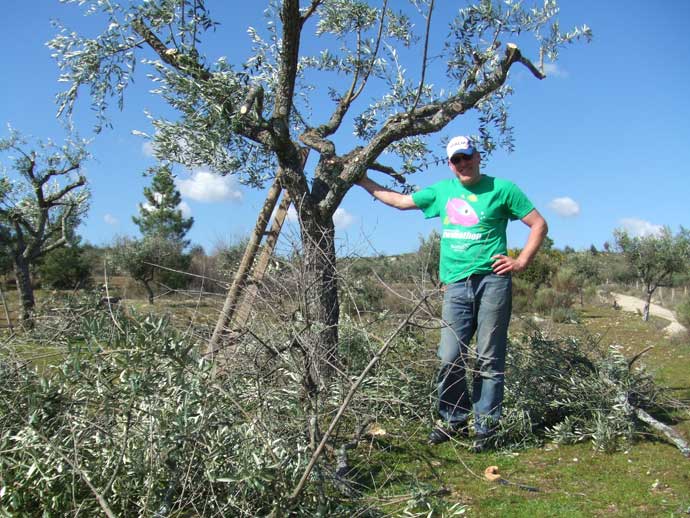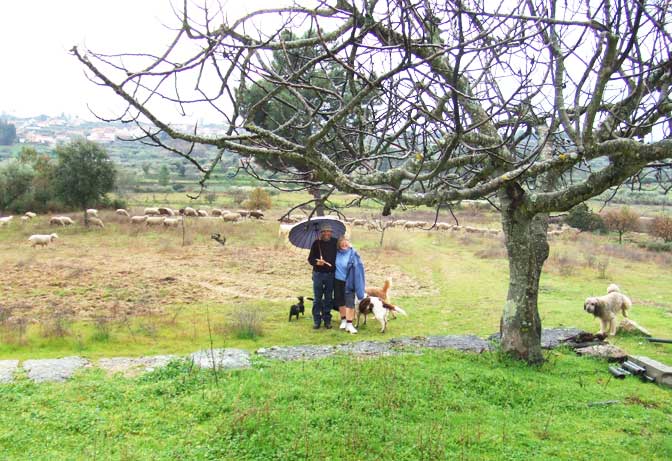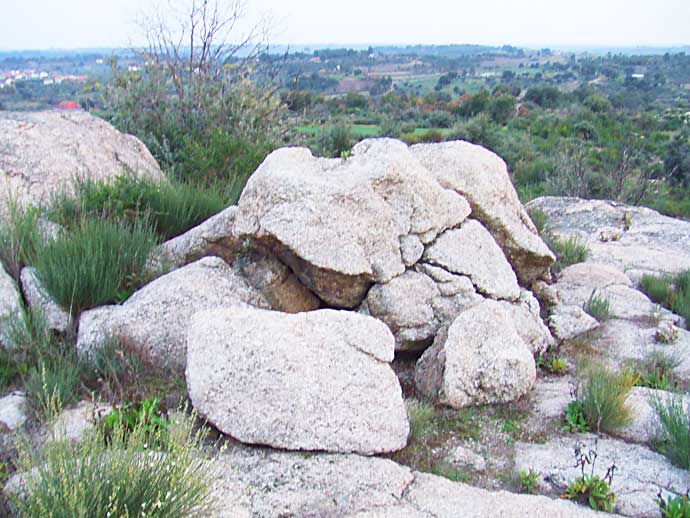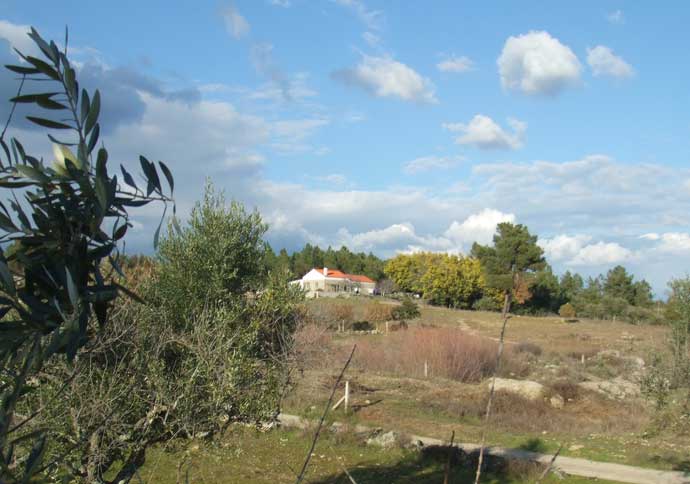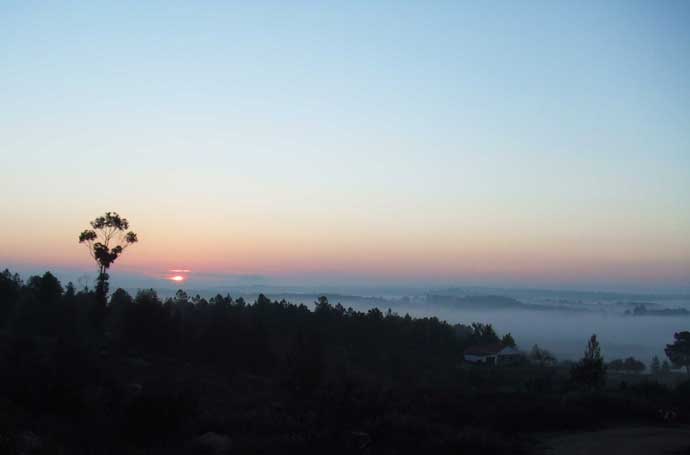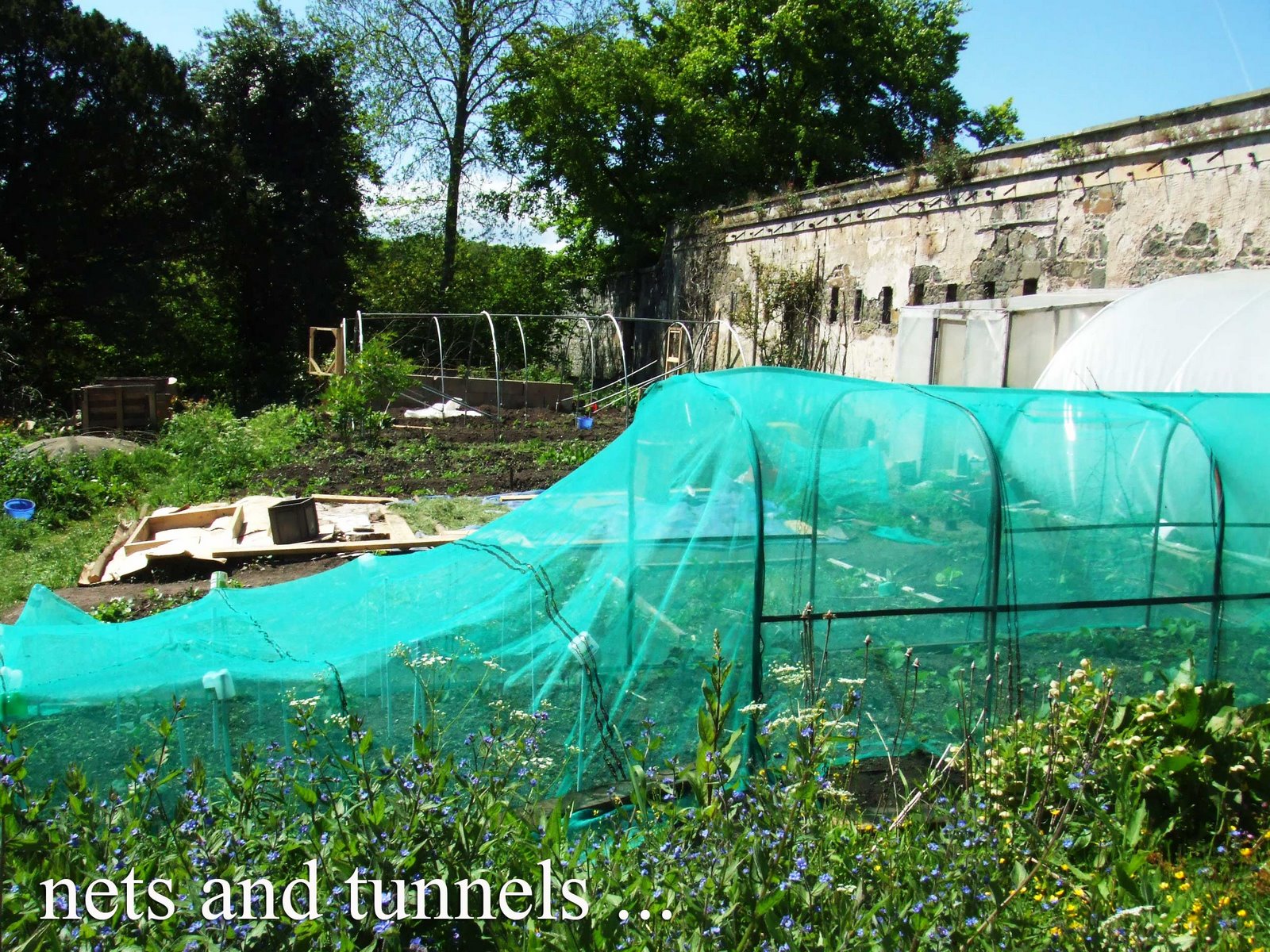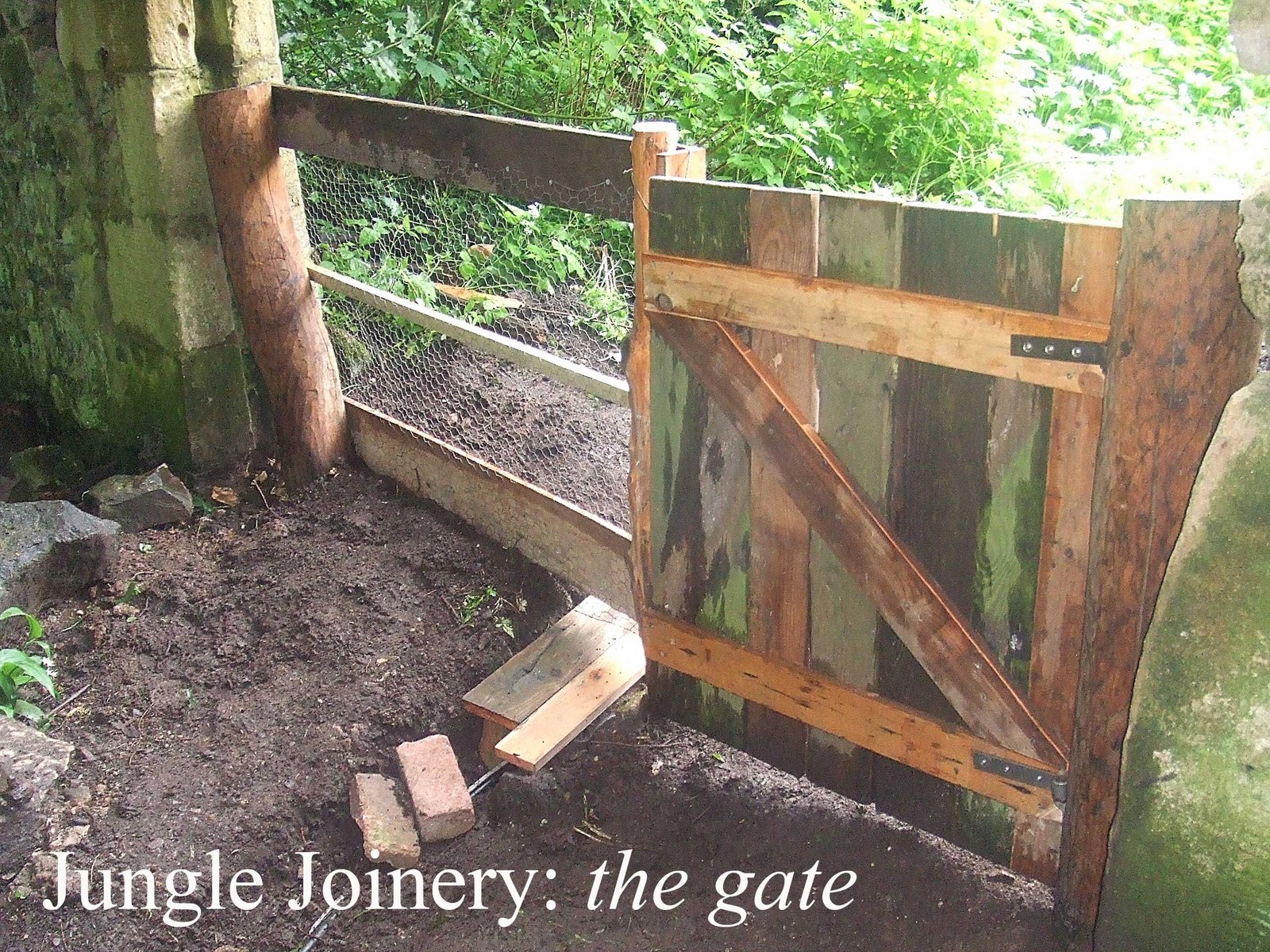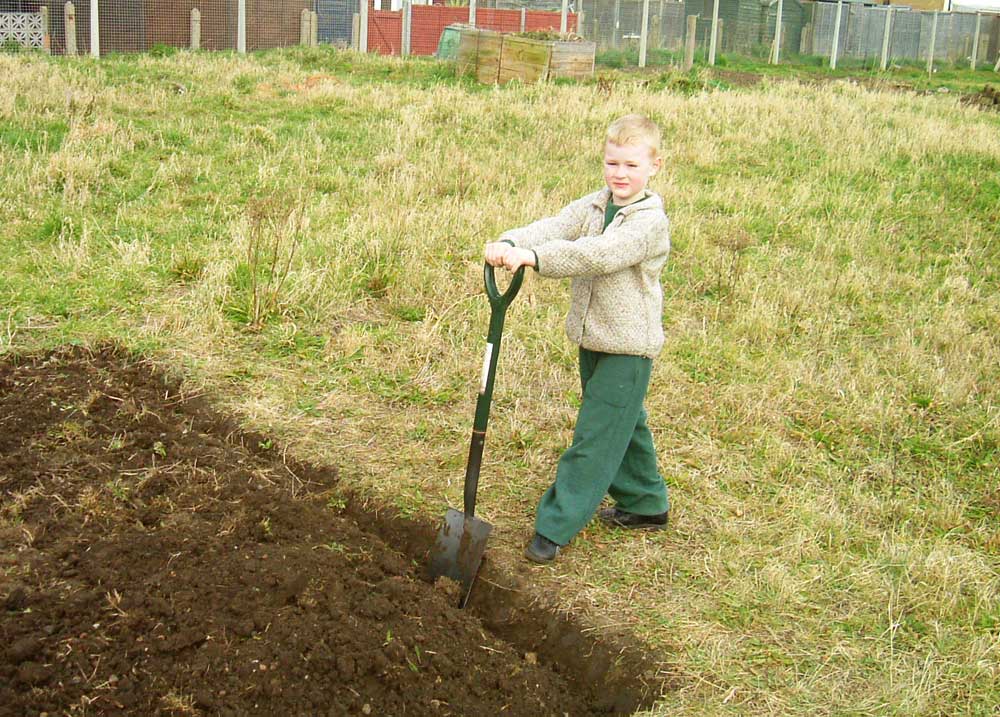
Since January this year I've noticed a lot more eco activity round and about - I'm certainly not the only one feeling the urge to do something.
There is a bit of allotment land behind our house, I rented one of the spaces myself back in January 2006. At that time there were only two or three other plots with much happening on them. You can see that the area behind Joe is pretty much deserted. Two years later there is hardly a vacant plot - it looks as if there's a market gardening competition going on out there - amazing!
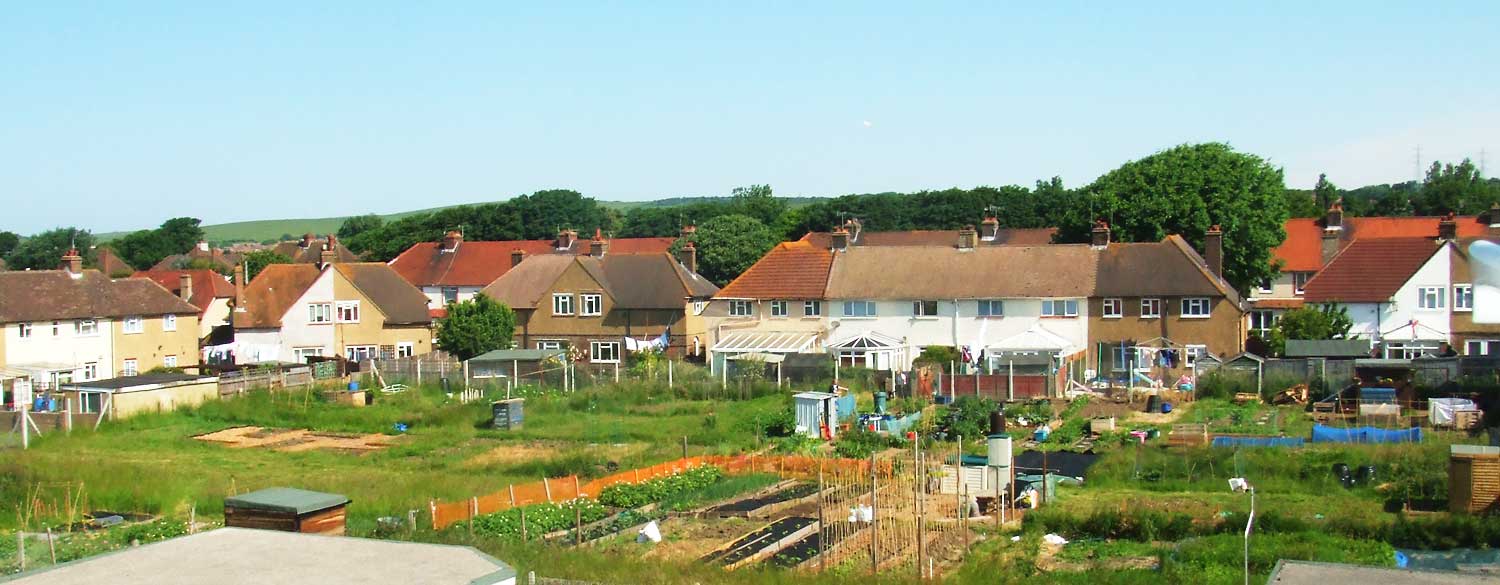
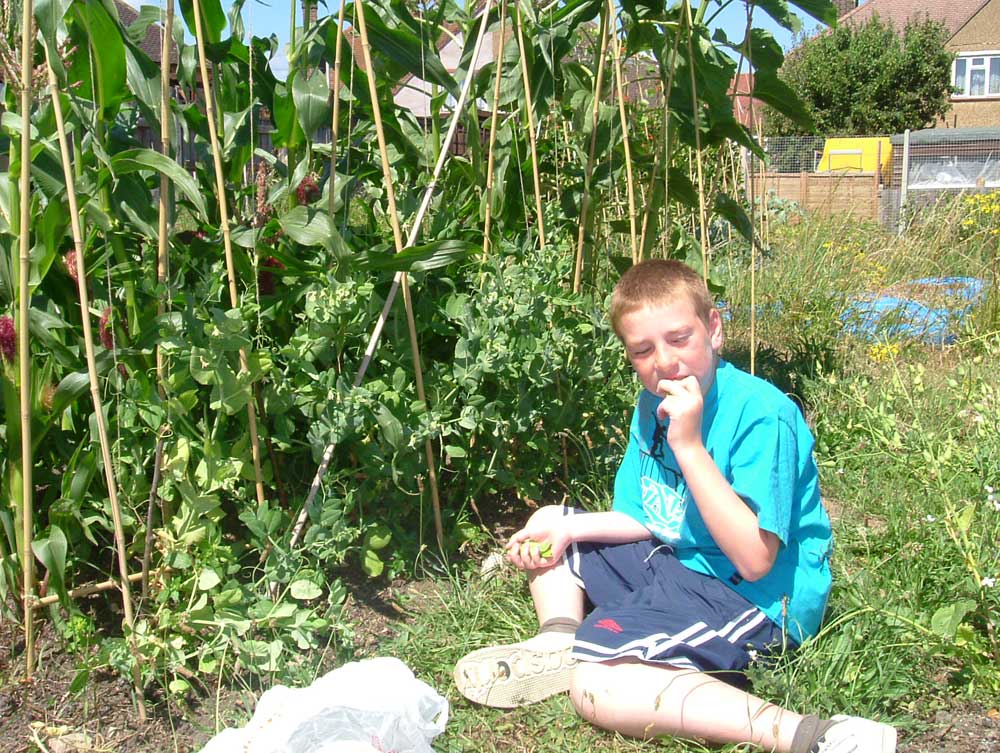
It This was the first time I'd ever grown any food myself and I learned a lot. Tatties, sweetcorn, sugar-snap peas, garlic and herbs were the big successes. I tried digging part of it and not digging part of it and found that not digging works really well. I've now given up the allotment and am just seeing how much stuff I can grow in the garden. The problems are the slugs and snails as usual, footballs and the cats - the one thing they haven't dug up is the bloomin catmint.

We went to see cousins of Debi's up in London a couple of weeks ago - I was delighted to see a poly tunnel on the city farm there - brilliant! Cuba comes to Vauxhall, right in the heart of the city.
Here is a wee garden just outside one of the houseboats in Shoreham with a lot going on in a small space. I thing the health benefits of having even just a few fresh home-grown things are enormous. We don't need much of some the rarer elements and minerals but we're unlikely to get them via the food-agribusiness.
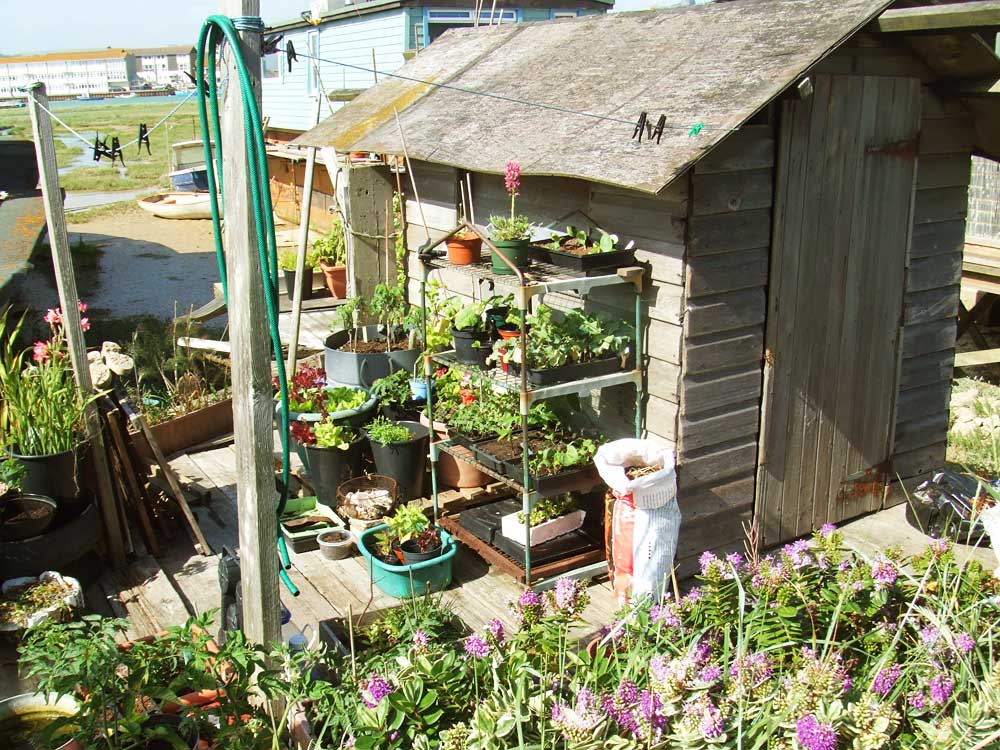
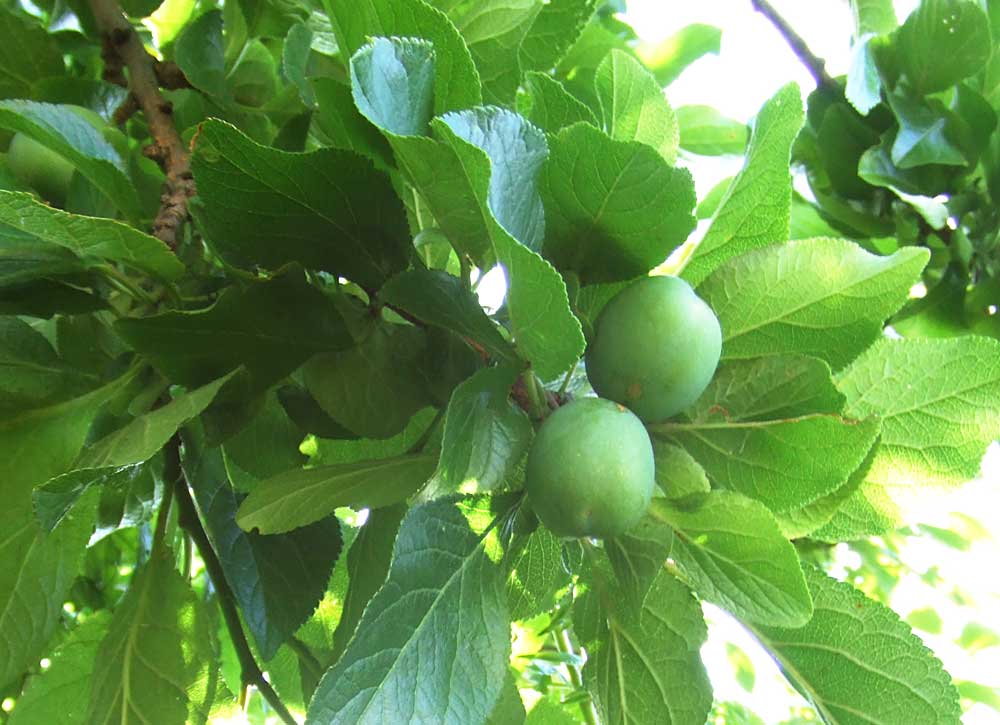
I'm really excited about this - plums! I gave this tree in our garden a good prune with my Brighton Permaculture Trust skills and now it's producing its first fruit ever....


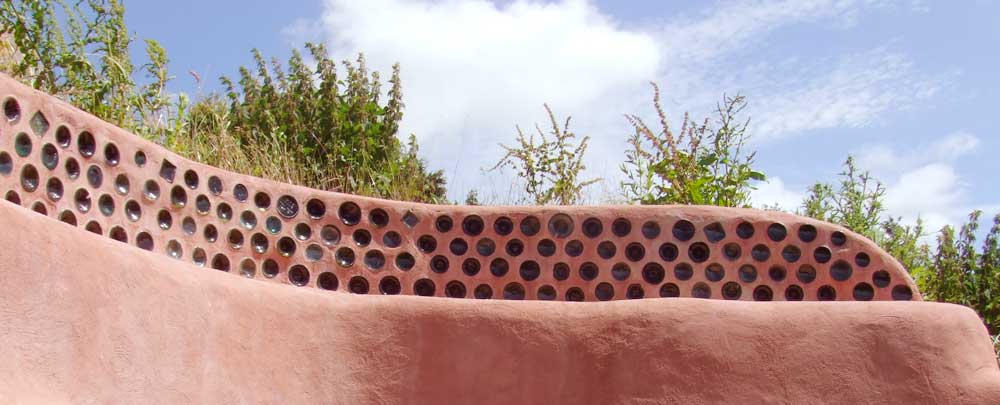
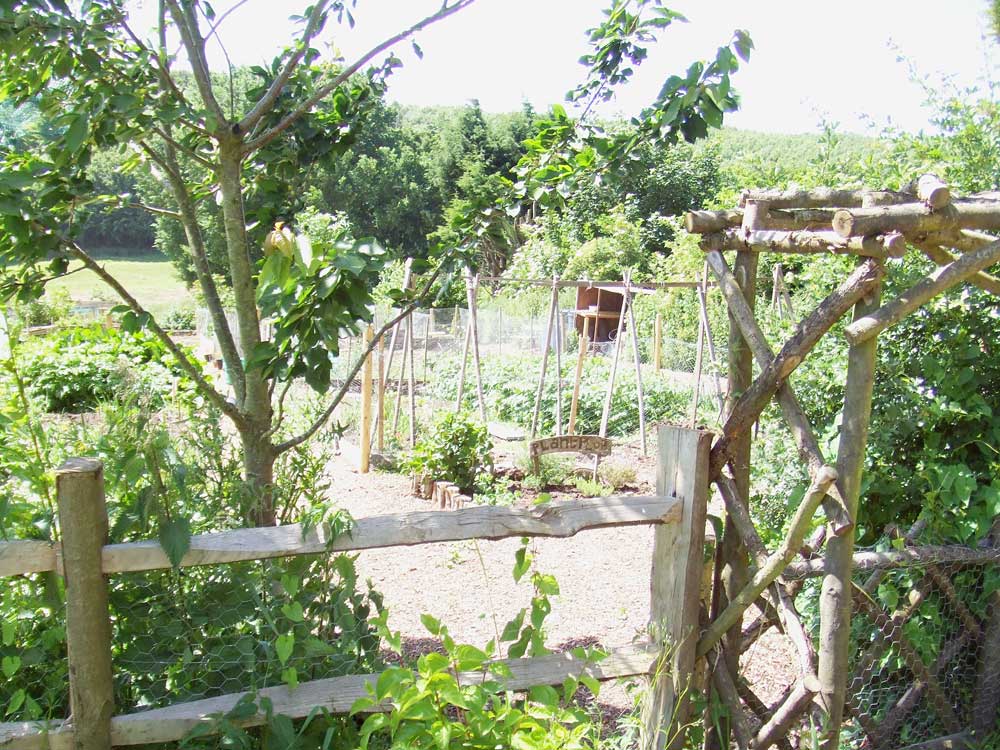
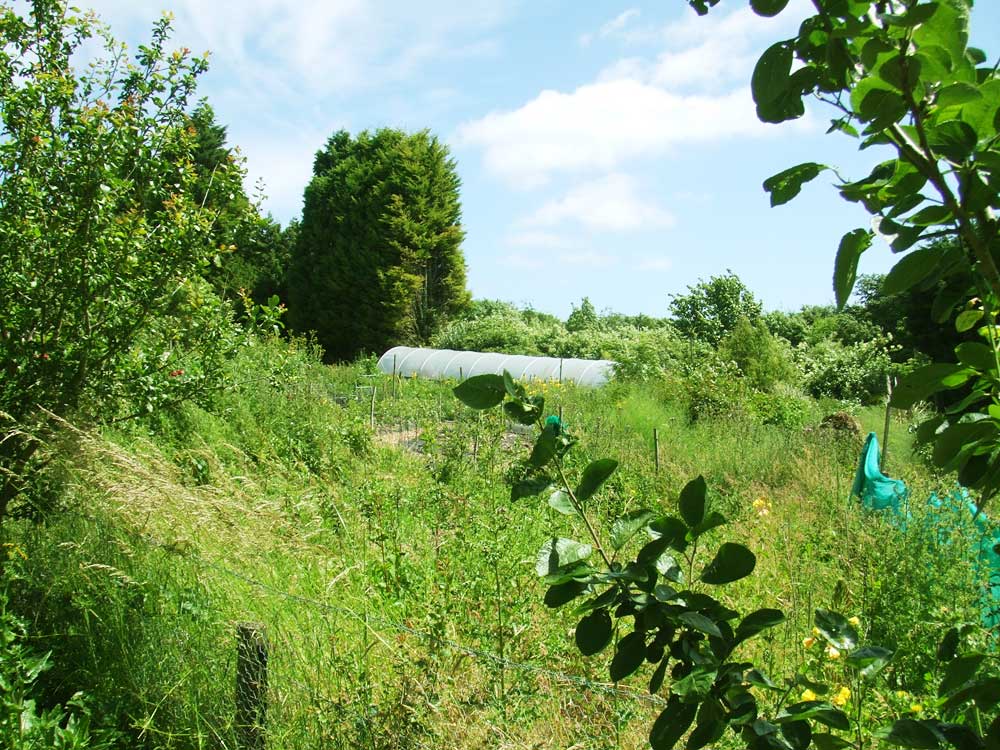
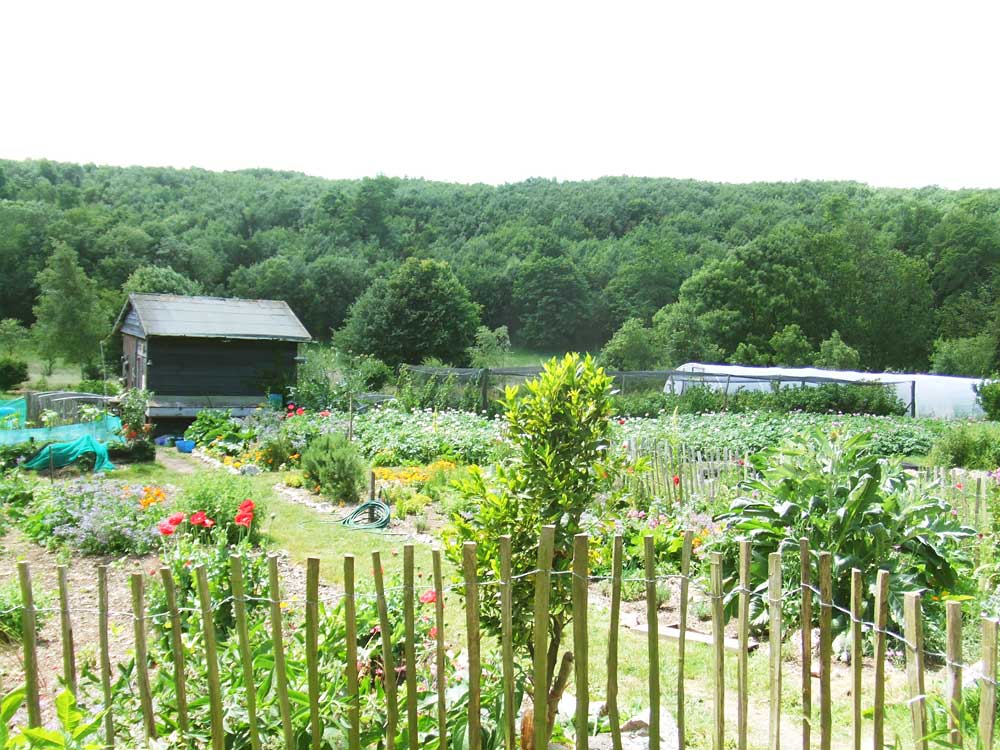
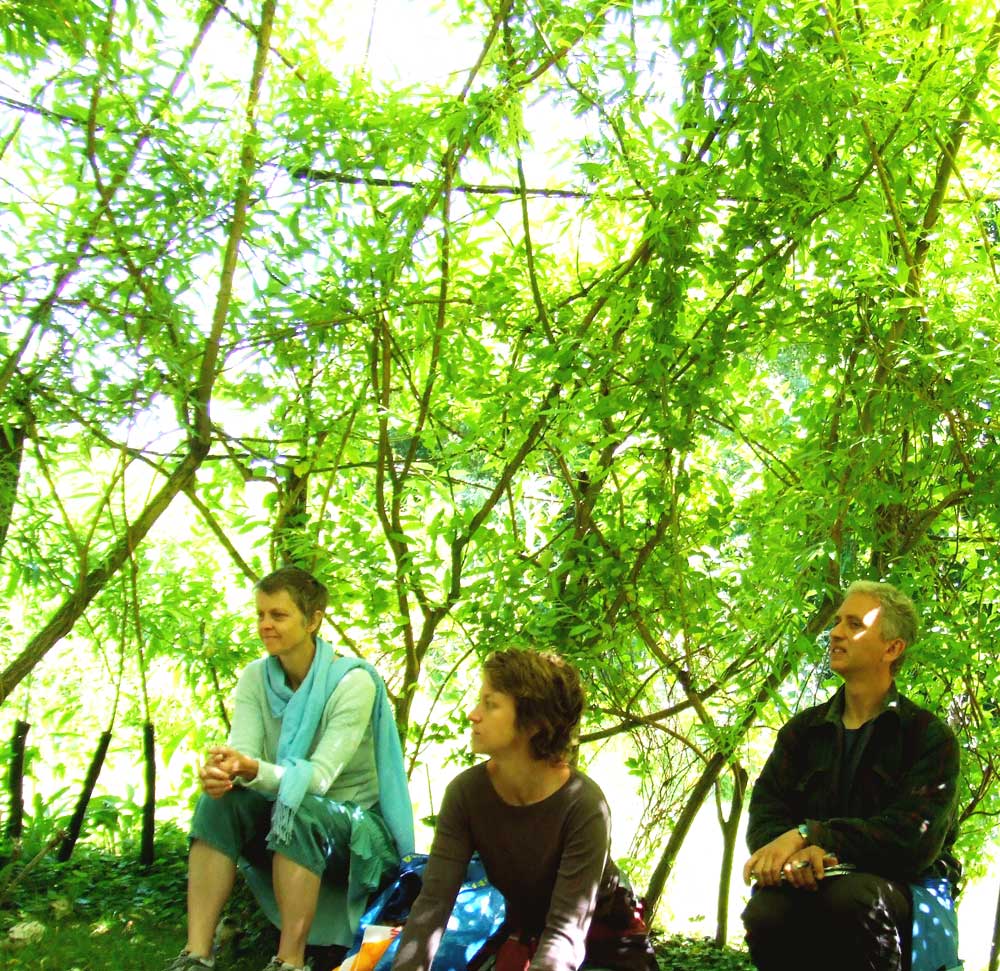
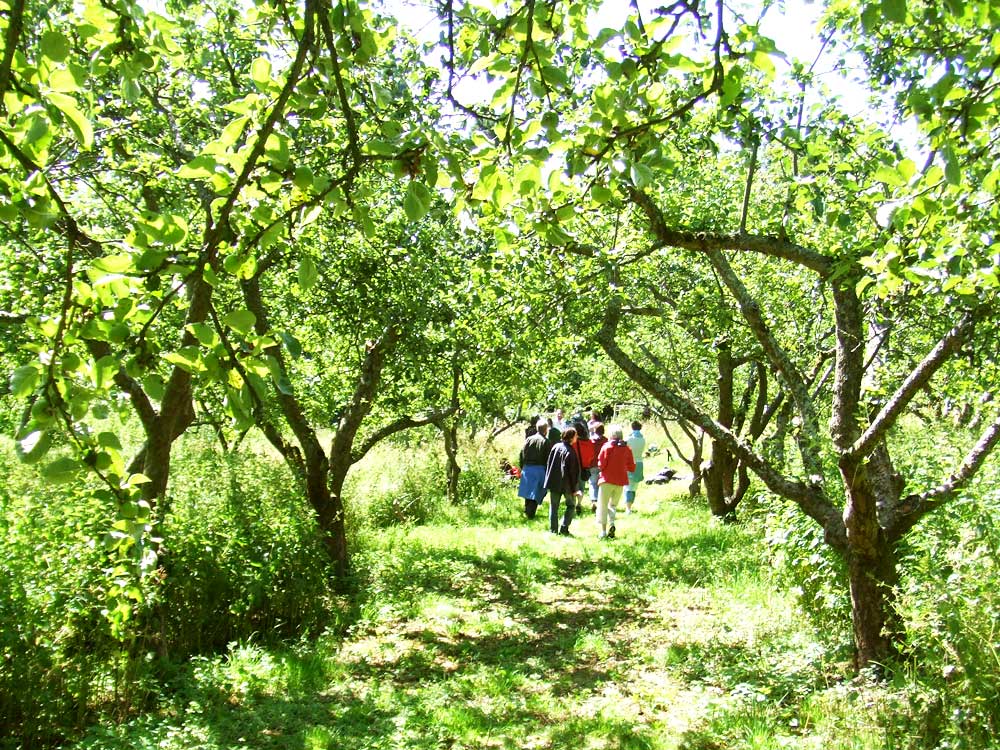
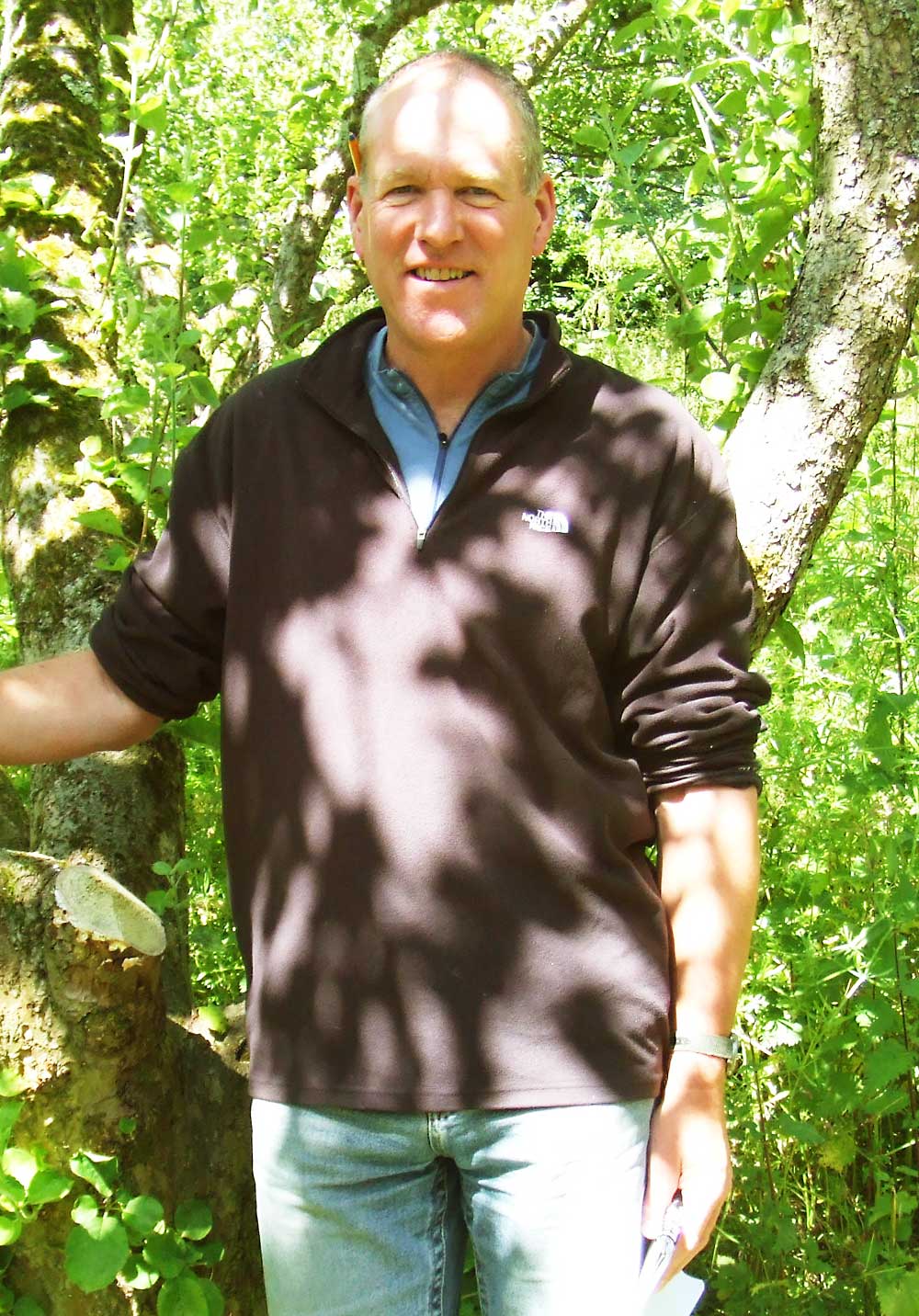
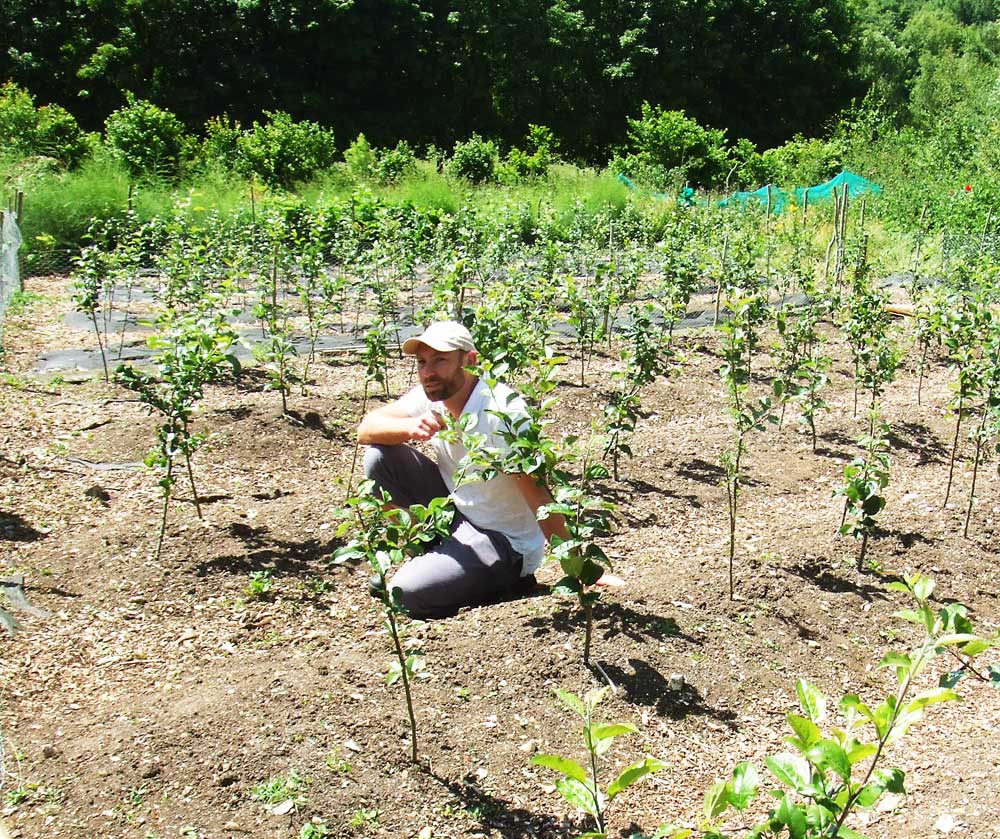

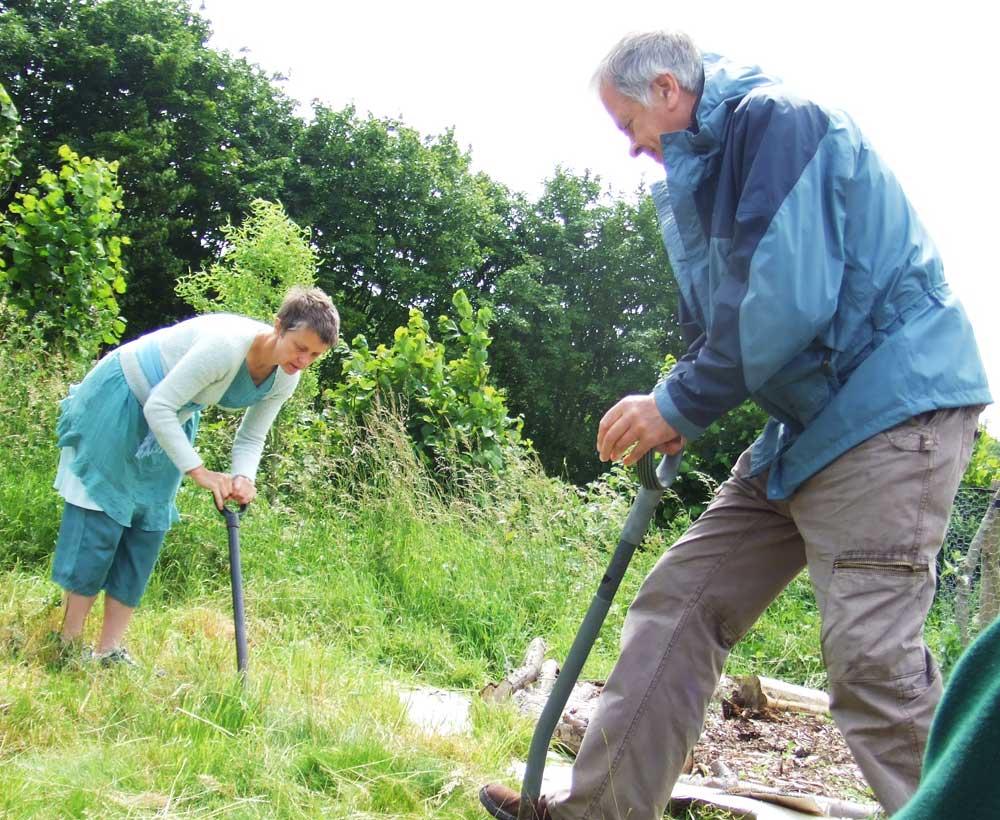
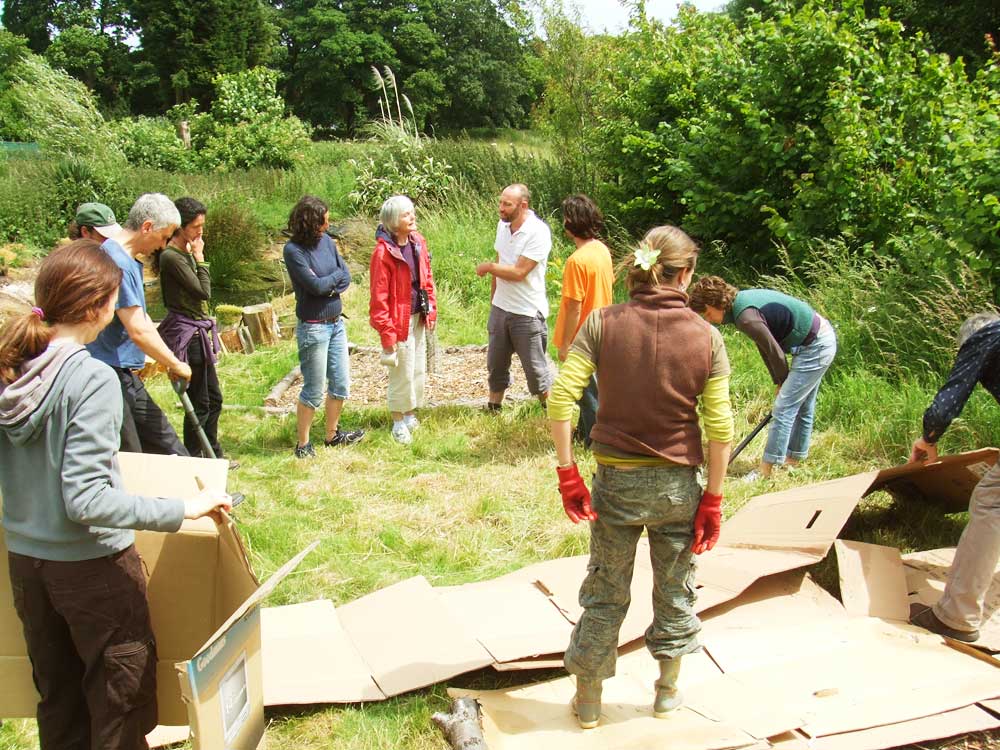
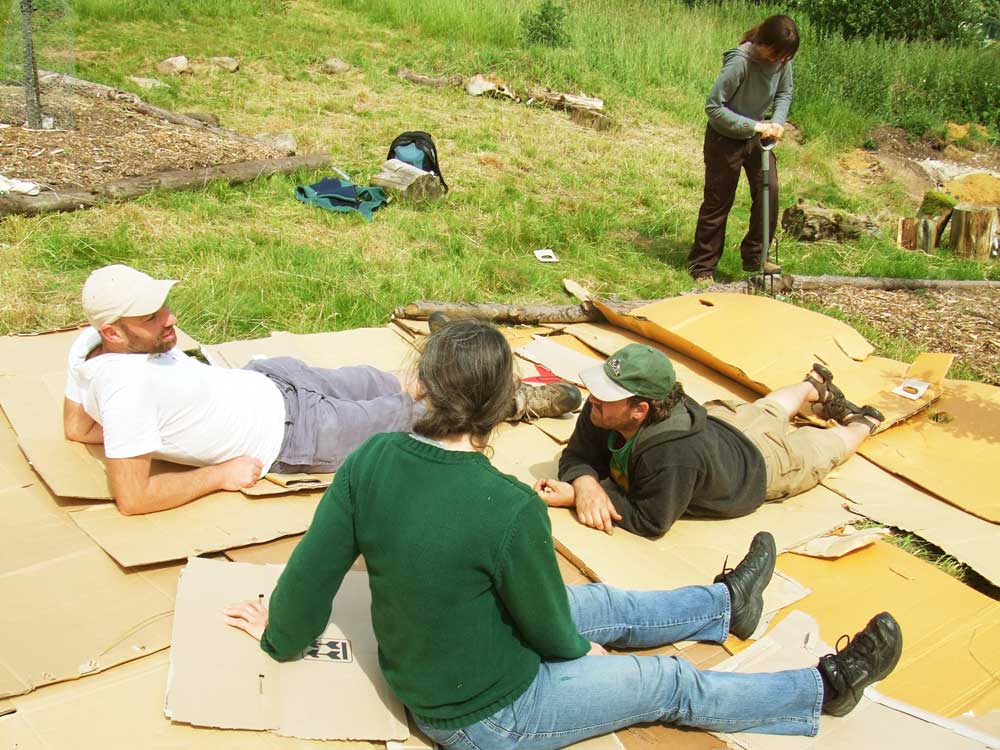

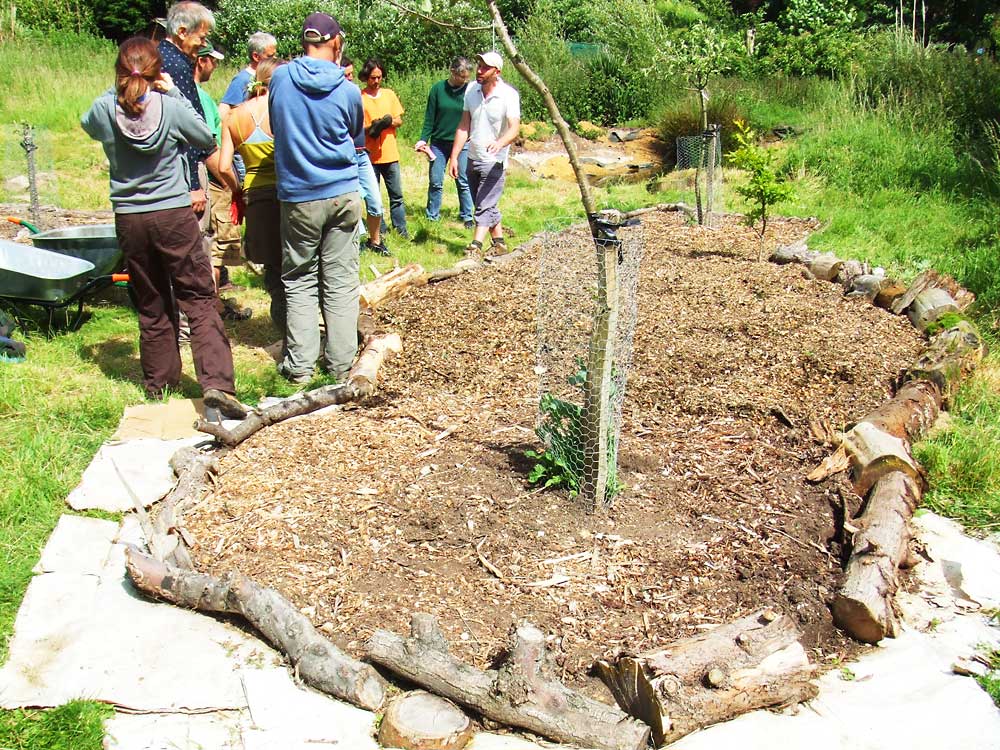
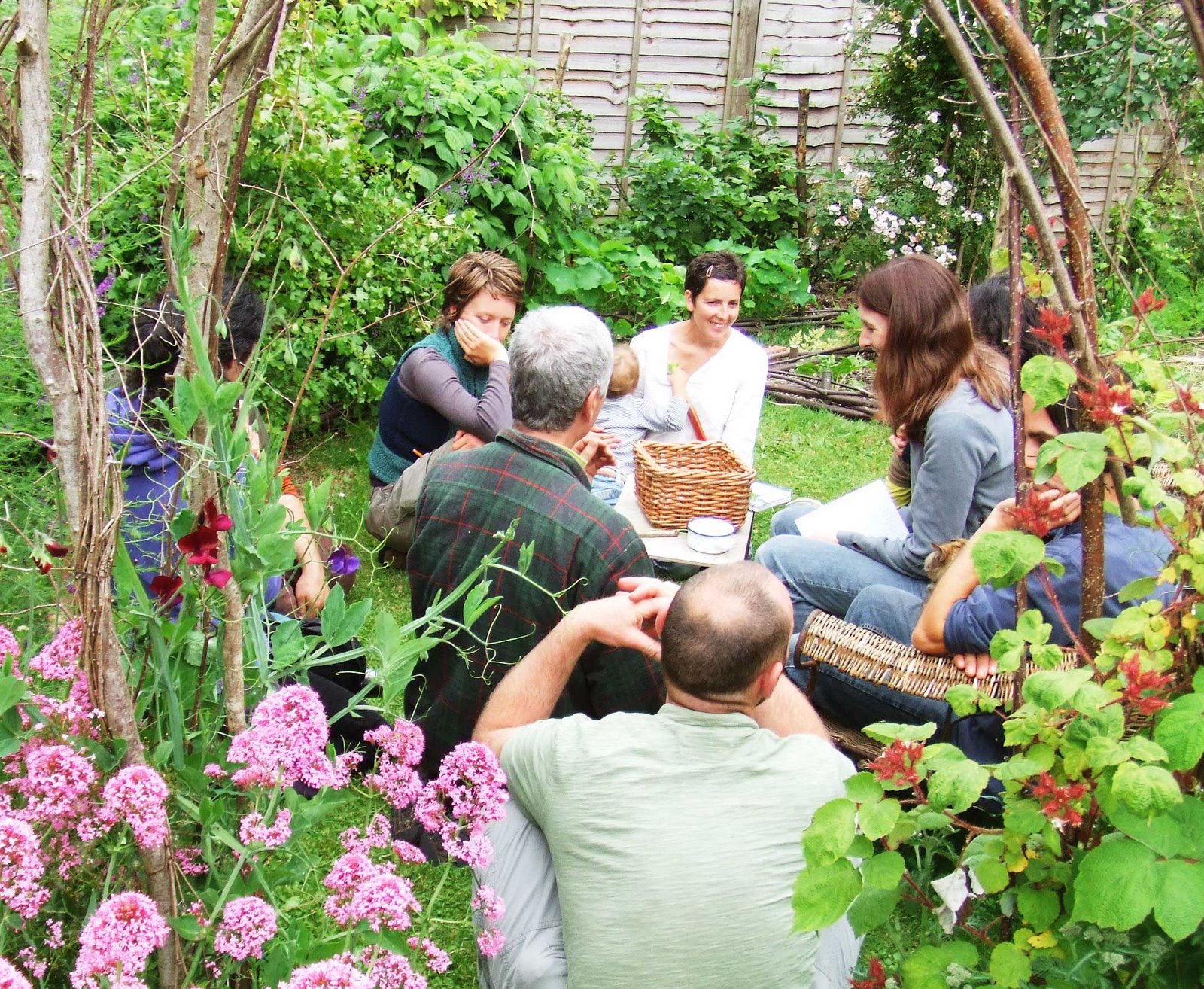
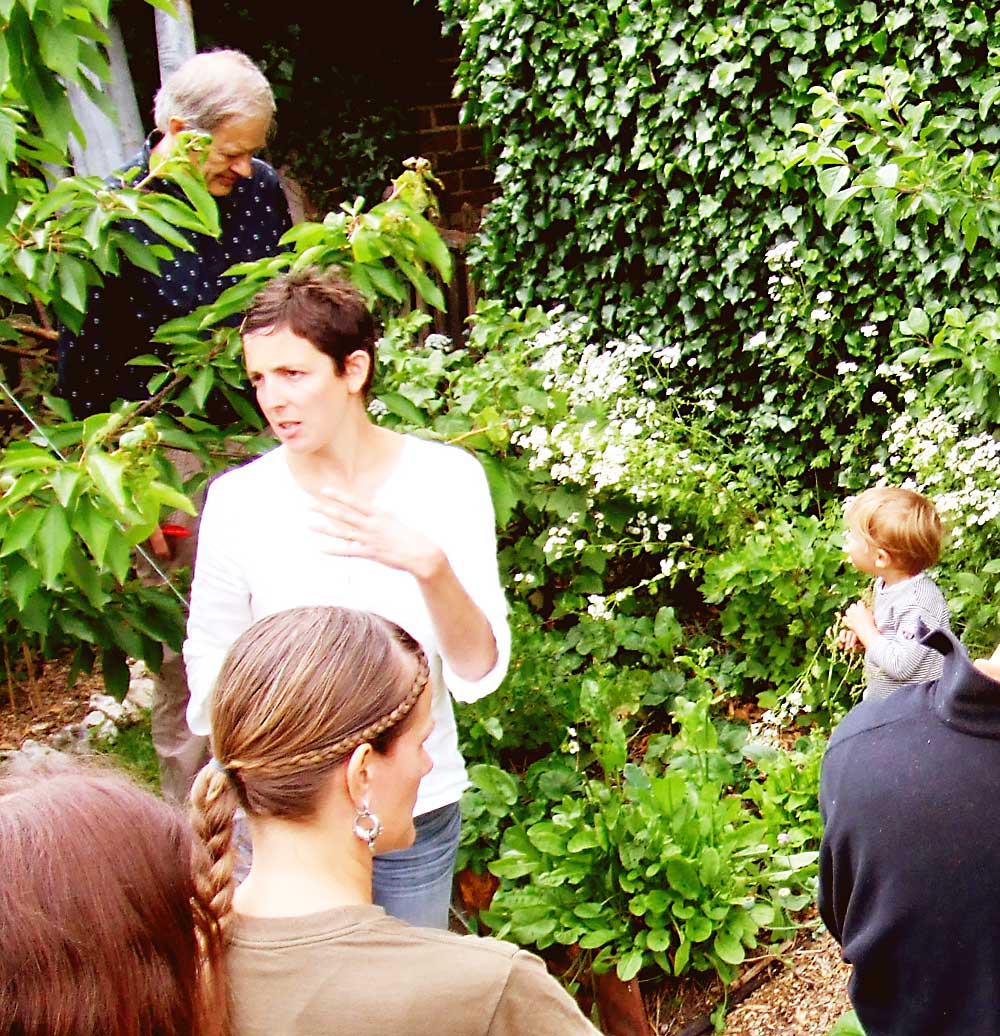
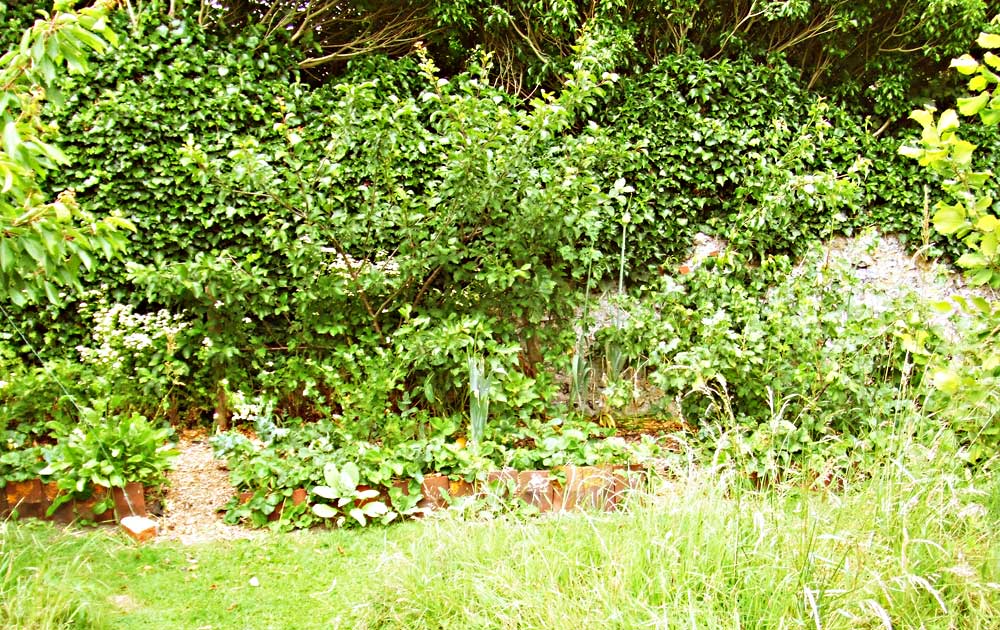
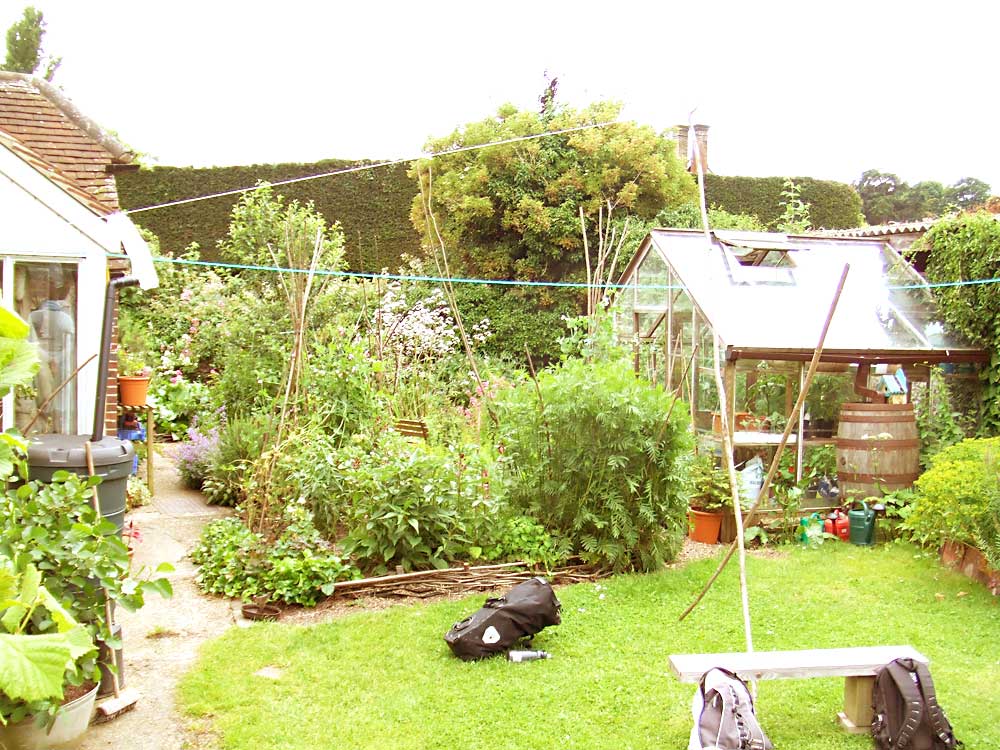
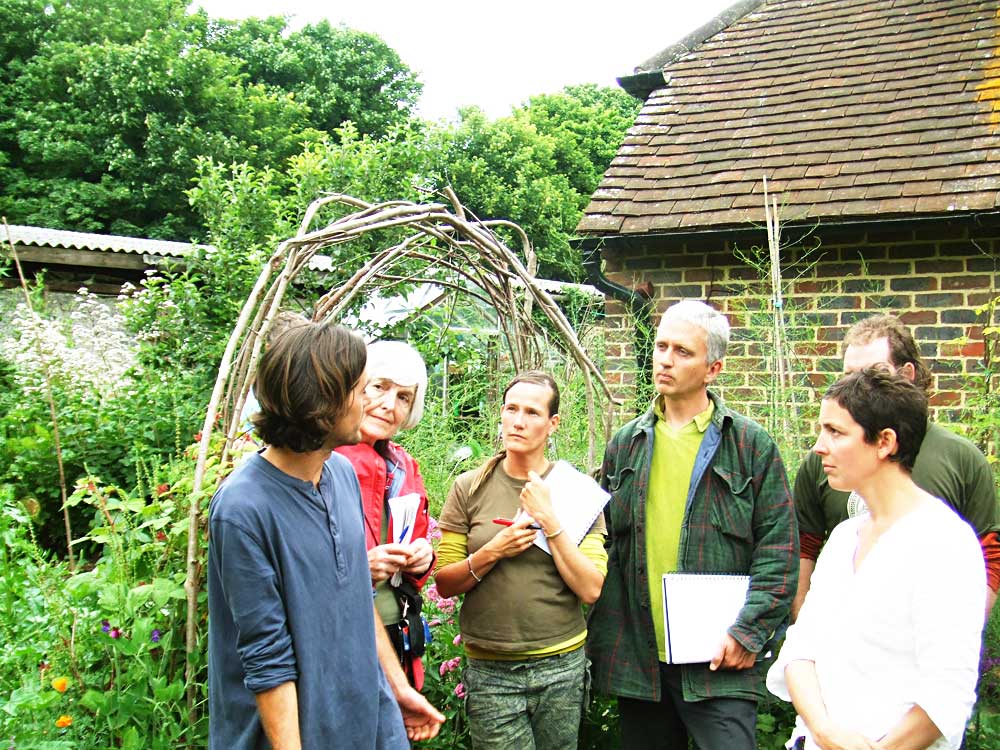
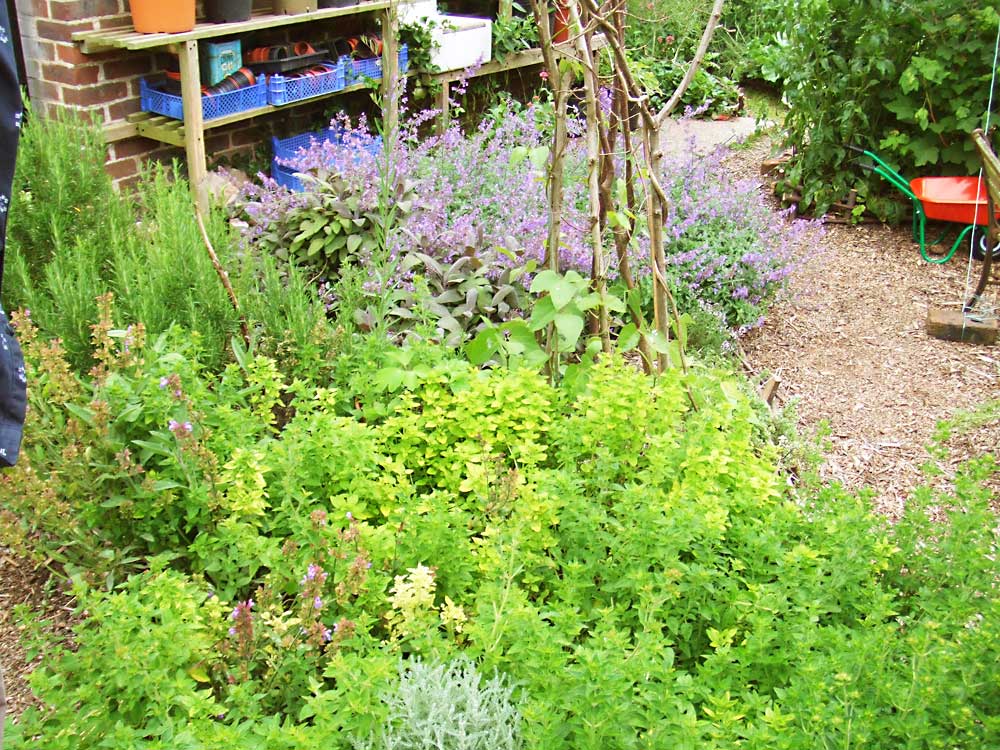
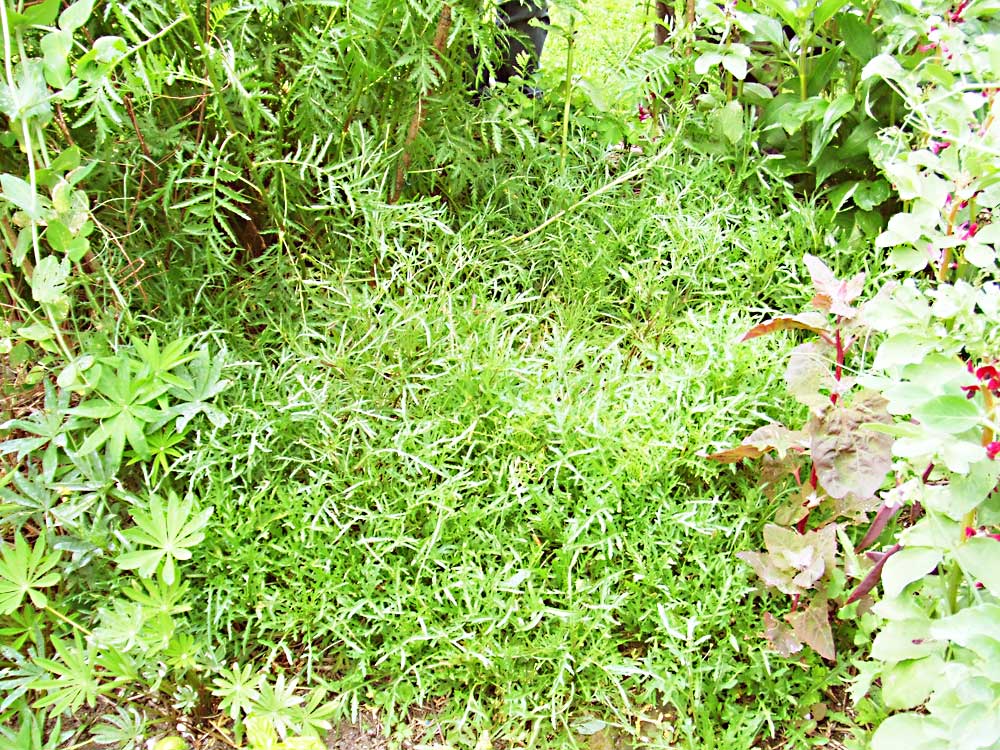
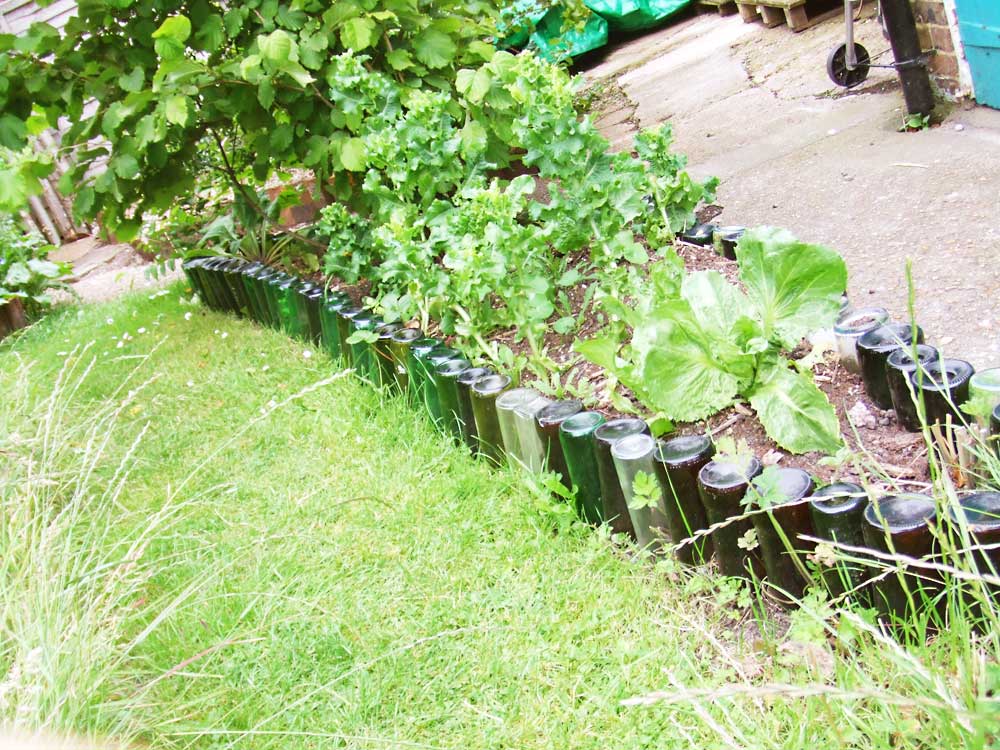
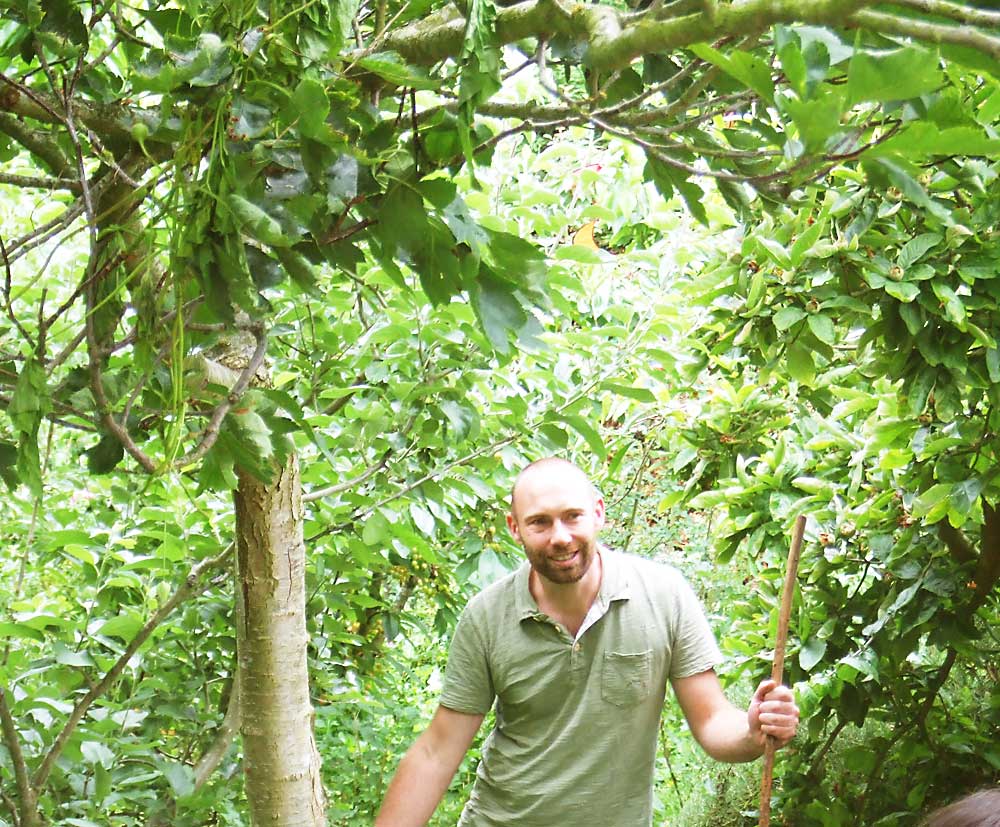
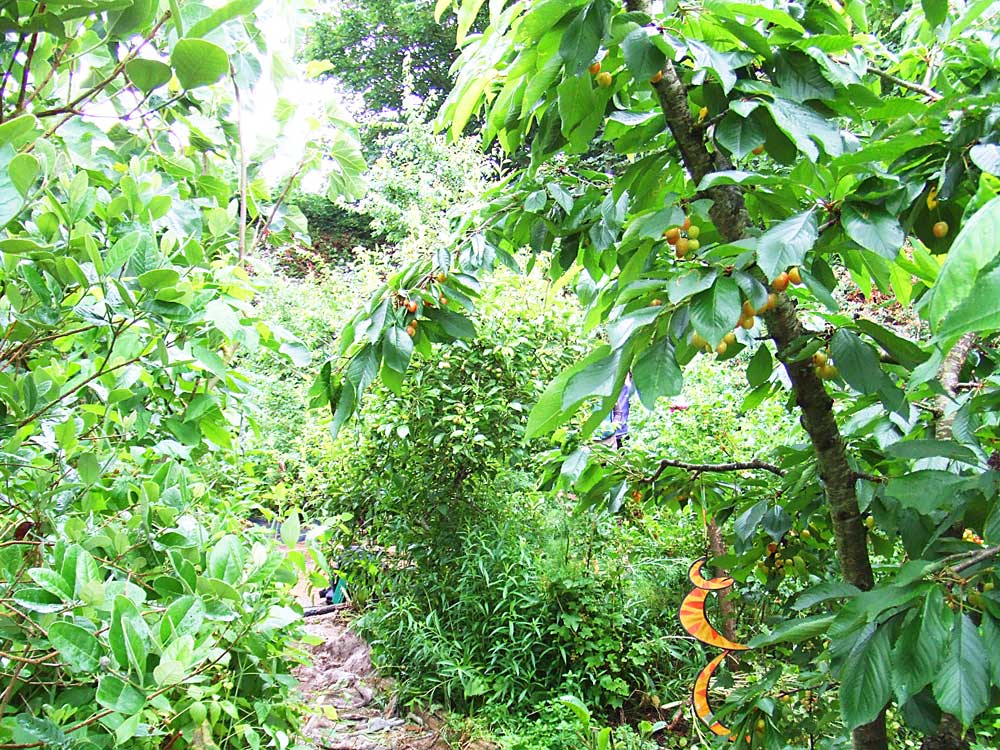 - with minimum of fossil fuel input from fuel and chemicals
- with minimum of fossil fuel input from fuel and chemicals